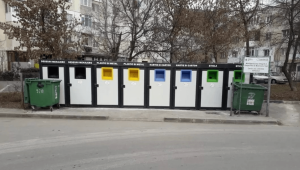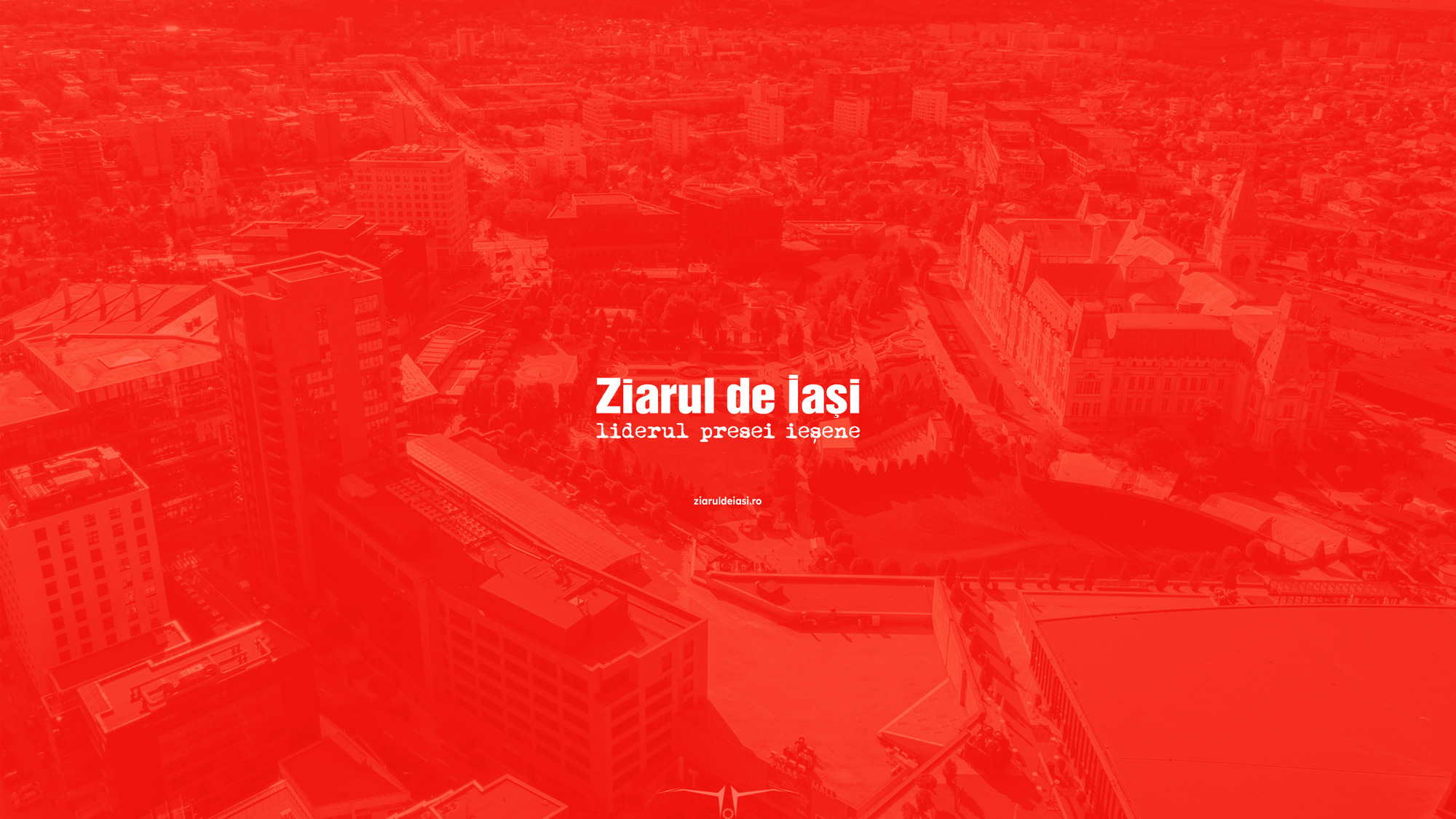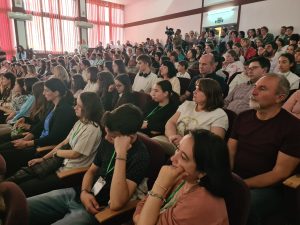
The last elections brought in the Parliament in the so-called "democratic" Opposition only the political parties that could be named the "cohabitation" parties, in the sense that neither of them has predictable perspectives – not in the near future – as for a real influence on the political agenda of the country. Therefore, for this type of political groups, the accent falls, firstly, on the satisfaction of the personal interests of the important local or central members. This is true for UDMR too (Democratic Union of the Hungarians in Romania), even if in its case the idea of friendly cohabitation with the power is somehow natural, dictated by the demographic limits of its electoral weight. These circumstances, together with the palpable reality of a PRM (Big Romania Party) that outlines as a reserve detach of PDSR (Social Democracy Party), ready to take over the initiative if, God forbid, the current government would really try to make the reform, mark the major troubles that PNL and PD traverse these days. In other words, by their small weight in the Parliament and the reduced impact on the public opinion, the two parties can see themselves being reduced to the statute of negligible political entities.
Romania became, after 10 years, a country with a quasi-unique party, in the sense that PDSR can do almost anything it wants, without confronting, not in the country, anyway, a real opposition. Seven or eight months ago, just for the Gabriel Liiceanu’s appearance on TV, PDSR menaced with picketing the public television, and Alexandru Mironov was trying to join by force a show where he hadn’t been invited. Now that the Nastase Cabinet members parade every day on the TV screen and nobody counts the minutes of power-opposition any more. In this period the traditional Romanian opportunism pushes towards the governing party waves of mayors, local or county councilmen. Even under these circumstances, a question is to be asked. Where are the dissatisfactions gathered? Probably more in PRM than in PNL or PD.
The lack of a real opposition could confuses even Mr. Nastase, if we leave from the premises that the Prime Minister would really wish to make reform in Romania. Without it, the only reason to favor it for the obviously conservatory majority and with nationalist views in his own party remains the endless menace with the demands of the IMF, World Bank or the European Union.
The marginal posture in which PNL and PD are now determines internal agitation at the level of both political groups. Behind the declarations of principle there are interests as human as possible and behind the scenes ample movements. After years when all the major decisions were taken, in both parties’ cases, exclusively in Bucharest, the organizations in the country have suddenly become quite important for several weeks, due to electoral arithmetic.
Even if many of the Liberals are content with the idea that PNL is the only Rightwing formation with parliamentarian representation, this statute can solve most of the personal problems of its important members and less its perspective positioning of the party.
The ideological identity pretty diffuse renders PD strongly dependent on Petre Roman’s identity, so that the decline of the president’s personality immediately worried the important members of the party. The wave of populism in the latest elections led to derision Petre Roman’s pro-European discourse, favoring at the same time the direct, aggressive style adopted by Traian Basescu. So it is logical that the general mayor of Bucharest, who enjoys, together with Adrian Nastase and Ion Iliescu, the highest quota of trust among the Romanians, be proposed to become the new electoral engine of PD.
The price paid for this conflict Roman-Basescu, started, probably, much too early, might represent, if not a scission within PD maybe a dysfunction of the structures in the territory and the absence of a strategic position of the party on a long run. (Alexandru LAZESCU)























